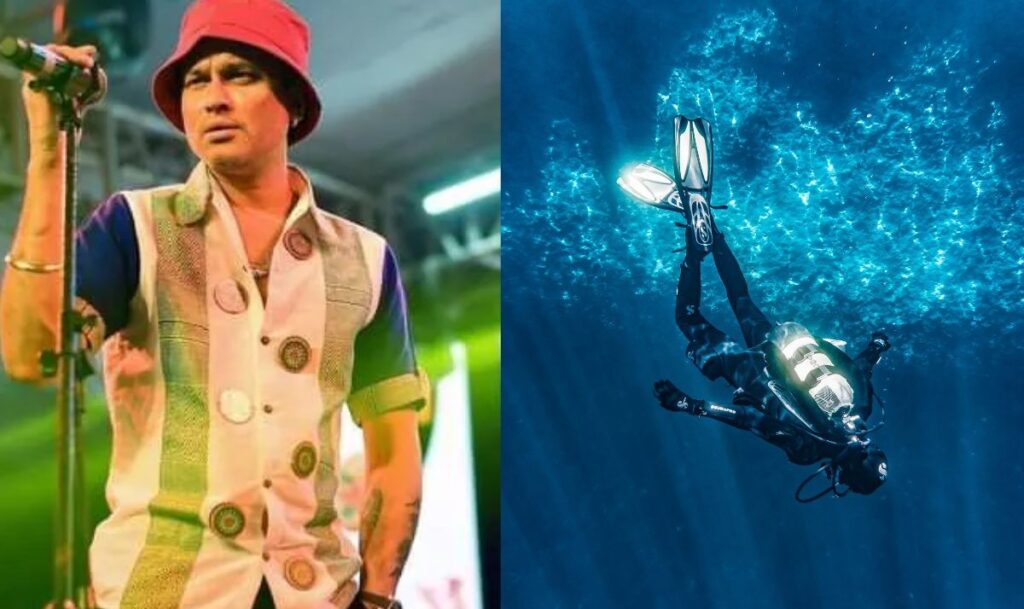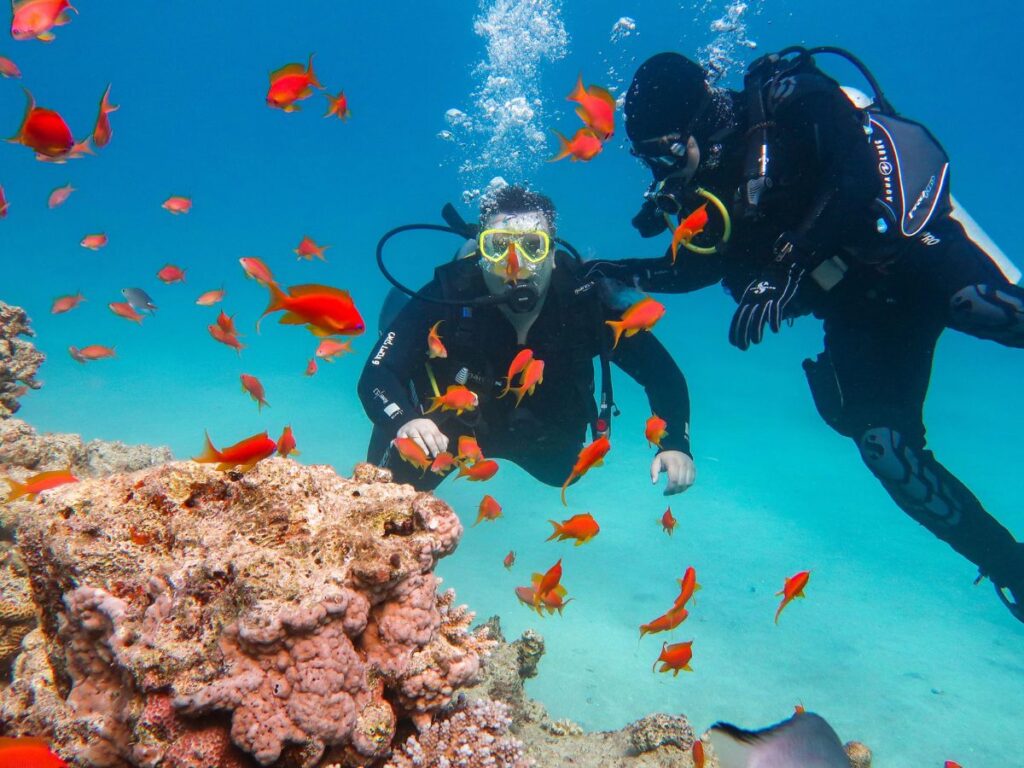Zubeen Garg’s Tragic Death: 5 Scuba Diving Safety Steps Everyone Should Know

Zubeen Garg’s Tragic Death: 5 Scuba Diving Safety Steps Everyone Should Know
The sudden death of popular Assamese singer Zubeen Garg has shocked his fans across India and beyond. Zubeen, who had travelled to Singapore to perform at the North East Festival, met with a tragic accident while scuba diving. He was pulled out of the sea and rushed to a hospital, but doctors could not save him. The exact reason for his death is still not clear. His passing has brought attention to the hidden dangers of adventure sports, especially scuba diving, which looks fun and exciting but can turn risky if safety is not taken seriously.
Why People Love Scuba Diving
Scuba diving is like stepping into another world. Under the water, you can see colorful fish, corals, and creatures you would never find on land. It feels magical and peaceful, almost like flying in slow motion. This is why so many people, from beginners to experienced travellers, dream of diving at least once in their life. But the ocean is powerful, and diving needs more than just excitement.
It requires preparation and careful attention to rules so that the experience stays safe and happy. Here are 5 Scuba diving safety tips every beginner should know.
Get Ready Before You Dive
Before going underwater, it is important to learn the right way to dive from trained guides and to get proper certification. This training helps you understand how the equipment works and what to do if something goes wrong. You should also get a health check to make sure your heart, lungs, and sinuses are fit for diving. Even a small cold or fever can cause big problems when you are deep under the sea. Feeling healthy and well-rested makes diving safer and more enjoyable.

Gears and Planning Matter
Good equipment can save lives. Before every dive, the oxygen tank, regulator, mask, and fins should be checked carefully. The air tanks must be full and clean, and all parts must work smoothly. A simple fault in the gear can turn dangerous quickly. Planning is just as important. Divers should know how deep they plan to go, how long they will stay underwater, and where they will enter and exit. Following the plan and listening to local instructions about tides and currents can prevent surprises.
Safety in the Water
Scuba diving is never a solo activity. Always dive with a buddy so that help is close if something unexpected happens. While diving, keep breathing normally and never hold your breath, especially when coming up to the surface. Ascend slowly and give your body time to adjust to the change in pressure. Drink plenty of water before diving, and avoid alcohol or drugs, as they can make you dizzy or slow your reactions.
Staying Calm and Ready
If something feels wrong underwater, it is important to stay calm. Panic can make things worse. Stop, breathe slowly, and signal to your buddy. If needed, return to the surface slowly and safely. Carry basic safety tools like a whistle or a marker buoy so that you can be seen easily.
Zubeen Garg’s untimely death is a sad reminder that even exciting sports like scuba diving need serious care.
Disclaimer: This article shares general information about scuba diving and safety. It is not a medical guide. Always follow local rules and professional instructions before trying any adventure sport.











